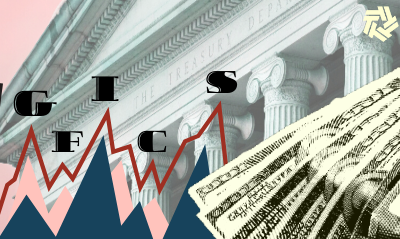
If COVID is the new normal — what, if any, are your options?
Some are predicting the impact of the virus on the economy, nerves and personal relations may actually trigger a tidal wave of retirements in many agencies.
Many experts who predicted COVID-19 would be long gone by now — killed by summer sunlight, stopped by a vaccine or tamed by ‘herd immunity’ — are starting to realize it may be around a lot longer than any of them predicted. Or that we hoped. States that once reopened for business are seeing big jumps in new cases, and fatalities, and are starting to lock down again.
While more feds are returning to the office, most who have been working from home are still doing that. Some people are predicting that the impact of the virus on the economy, peoples nerves and relations with friends and family members, may actually trigger a tidal wave of retirements in many agencies.
In June, when many jurisdictions were easing up on lockdown rules, we talked with benefits expert Tammy Flanagan about what people should be doing, especially if they are now contemplating retirement or a career change. She’s an expert on federal benefits and life after government. She’ll be my guest today on our Your Turn radio show at 10 a.m. EDT. You can listen live here or on 1500 AM in the Washington D.C. area. The prerecorded show will also be archived on our site so you can listen later and/or pass it on to a friend.
Here are some of the things we’ll be talking about relating to retirement planning during the pandemic:
- Has retirement processing been affected?
- How long might you have to wait for your first full annuity payment?
- How does the CARES Act impact the TSP?
- What should you not be doing with your TSP?
- What should you be doing to prepare for retirement?
- Virtual training events.
- Social Security offices are now accessible by phone — no need to wait in line at the local office!
- Do you have a retirement estimate? Do you know how to get one?
- Do you know how to estimate your “net” retirement income?
- Have you started to think about your expenses in retirement?
- Do you have sufficient cash reserves for emergencies?
- Have you started to contemplate life after retirement — quarantine has provided some insight, maybe?
Nearly Useless Factoid
By Alazar Moges
Despite the frigid climate, the U.S. state with the highest percentage of people that walk or bike to work is Alaska. On the other end of the spectrum is Alabama, with the lowest percentage at 1.4%.
Source: CDC
Copyright © 2024 Federal News Network. All rights reserved. This website is not intended for users located within the European Economic Area.
Mike Causey is senior correspondent for Federal News Network and writes his daily Federal Report column on federal employees’ pay, benefits and retirement.
Follow @mcauseyWFED
Related Stories





